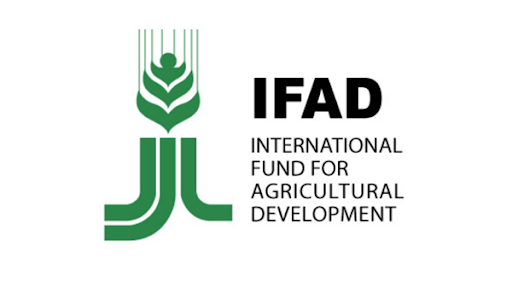The International Fund for Agricultural Development (IFAD) says it will disburse a a total sum of $1.7 million dollars to support farmers affected by floods in nine states of the federation before ending of the year.
The intervention according to the organisation meant to ameliorate flood impact on farmers for dry season farming will enhance their income, boost farmers production capacity for the year and ensure food security.
Dede Ekoue, IFAD Country Director said this on the sideline of the Federal Government/IFAD-Value Chain Development Programme (VCDP) Mid Term Review (MTR) Mission Stakeholders Wrap-Up Workshop on Saturday in Abuja.
Ekoue who identified total flood recovery response for 2022 as $1.7 millions dollars said the organisation had initial allocation of $600,000 dollars to farmers in some of the VCDP benefitting states.
According to her, the distribution of the fund in support of VCDP bénéficiaries has already started for dry season farming in Kogi, Nasarawa, Niger Anambra, and Enugu States.
“The process will be accelerated this December and early next year.
“The 1.7million dollars is coming from the regular funding of VCDP instead,”.
She explained that the gesture was in response to the yearnings of farmers in the course of MTR mission across the VCDP benefiting states in the country.
She said “what was important to farmers in the course of visitation is for them to adapt more to help them recover while the second one is to continue to strengthen the marketing aspect especially for cassava..
“We noticed that there is more opportunities to strengthen the market aspect for cassava producers but for rice producers a lot of progress has been made,”.
Dr Fatima Aliyu, National Programme Coordinator, IFAD-VCDP said through the intervention the organisation and the government will support each of the over 2,000 targeted farmers with 40kg of seed, four bags of NPK and two bags of Urea.
The farmers according to her will as well be supported with two litres of herbicides and water pumps for each hectare of farmland that will be rehabilitated and capacity building for farmers and extension workers.
“We are training them on good agronomic practices to be abreast on how to cultivate their crops in the dry season. We have been doing it but felt we should do more to enable them have a very bumper harvest,”
Dr Aisha Omar, Director, International Economic Relations Department, Federal Ministry of Finance, Budget and National Planning said MTR is purposely to access the performance of the project, determine challenges impeding implementation, relevance of different component and activities in view of current circumstances.
She said such will enable concerned organisations decide “if there is the project need to restructure the project”.
Omar assured of the department remain commitment to working with partners and project team at both States and Federal levels to ensure that the project development objectives are met and value for money in those facilities obtained.
“The doors of my team are always opened to help implementation unit resolve challenges and difficulties that might arise, ” She said.
Omar however encourage project staff from participating states and federal levels to be dedicated to the implementation of the project and to adhere to the procurement and financial management procedures of the fund.
According to her, this is to enable us avoid ineligible expenditure.
Dr Peter Kush, Deputy Director, Programme Coordinating Unit, Federal Ministry of Agriculture and Rura Development decried the devastating effect of flood on farmers.
According to him, in the course of field work we discovered that most of the project farmland were washed away by the flood, some of the VCDP infrastructure submerged among others.














